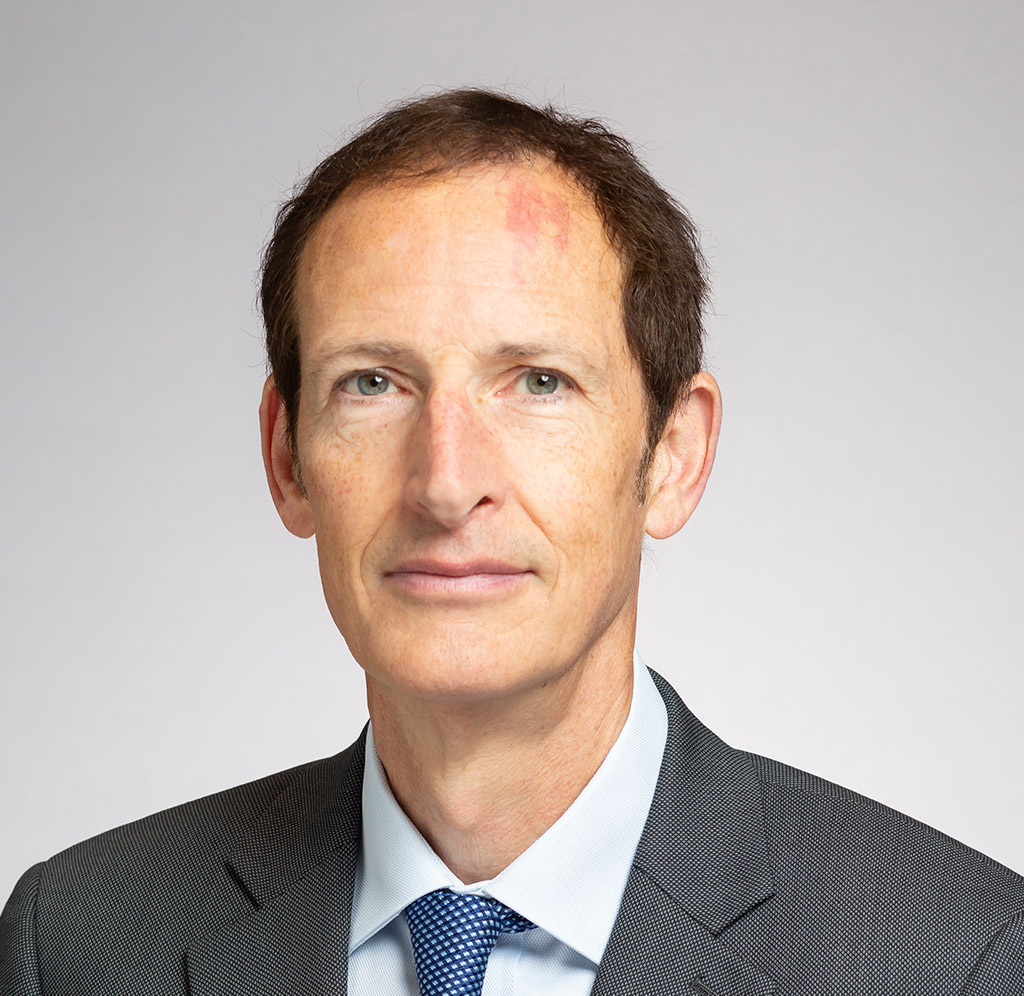2021 has so far produced modest but acceptable returns for balanced portfolio investors, although gains for headline equity indices fail to capture the rotation that has occurred within markets. Investors’ preference for high-growth companies, especially those with little in the way of current profits, has been tempered. Instead, thanks to the promise of widespread vaccinations and growing expectations for pent-up demand to be unleashed upon a broader re-opening of economies, companies that were more negatively affected by Covid have returned to favour.
Another factor at play has been the steady rise in government bond yields, again as the post-Covid recovery is priced in. Furthermore, evidence of supply chain squeezes has raised fears that strong demand will boost inflation indices, especially as many of the developed world’s central banks have declared themselves to be willing to allow inflation to run at a higher level than might normally have been expected. They are determined not to repeat the mistake of premature policy tightening in the aftermath of the financial crisis. One could also argue that burgeoning government deficits will be more easily funded if interest rates are kept close to current levels, although explicit agreements between governments and central banks to supress bond yields at a specific level are currently only evident in Japan and Australia. Should US bond yields continue to rise, the US Federal Reserve’s decision on whether or not to intervene, and at what level, will have a major bearing on the next phase for the market.
Despite a number of claims by high-profile investors that equities are in a bubble and vulnerable to a major correction, it remains Investec’s belief that outlandish valuations are confined to small areas of the market, and that both monetary and fiscal policy will remain supportive within our investment horizon.
- The global economy is set to recover strongly in 2021. Economists are persistently raising their growth projections, which currently stand at 5.6% (Bloomberg consensus). There will be some deceleration in 2022, but growth is still forecast to be 4.1%
- Households, in aggregate, across a range of developed economies have accumulated excess savings equivalent to around 10% of normal annual consumption during the pandemic. Latest revisions for the UK show that 16% of disposable income was saved in the fourth quarter of 2020. Credit card debt has been paid down, and consumers are itching to spend when they are able to.
- As well as responding to the Covid crisis with generous schemes for unemployed workers and attractive loans for businesses, governments are starting to look further ahead. The new Democratic administration in the US, having speedily passed a $1.9 trillion Covid-related stimulus package, is now intent on following up with an even larger spending plan focused on the environment, infrastructure and healthcare.
- Other government agendas also include a “levelling up” of society following decades of increasing inequality. While this promises persistently high levels of public spending, in contrast to the austerity measures pursued after the financial crisis, it also raises the possibility of wealth redistribution via higher personal and corporate taxation.
- The major concern for investors now, though, is that inflation expectations will become “unanchored”.
Discover how Investec Wealth & Investment can help you
Intermediaries
Browse articles in


